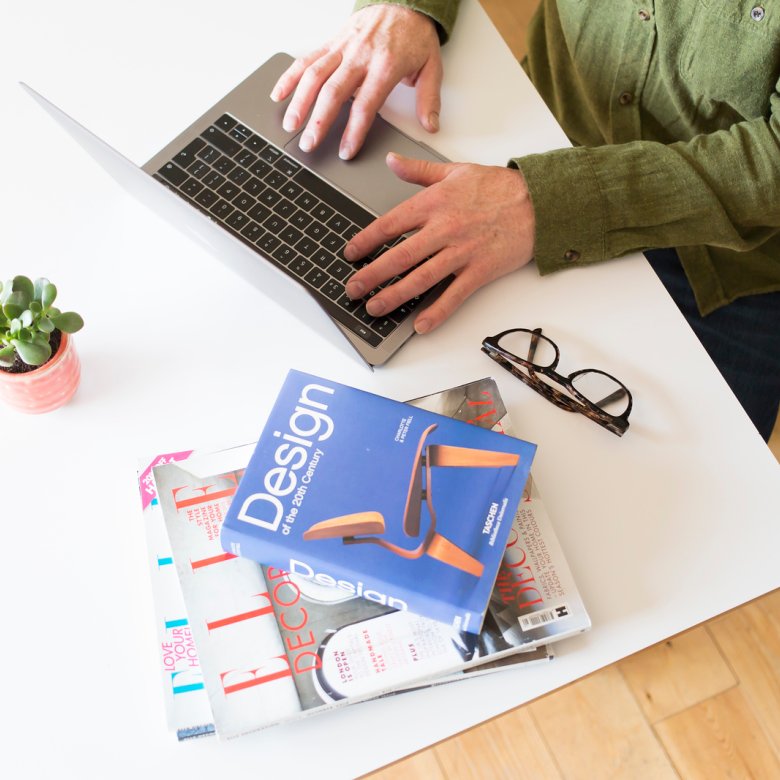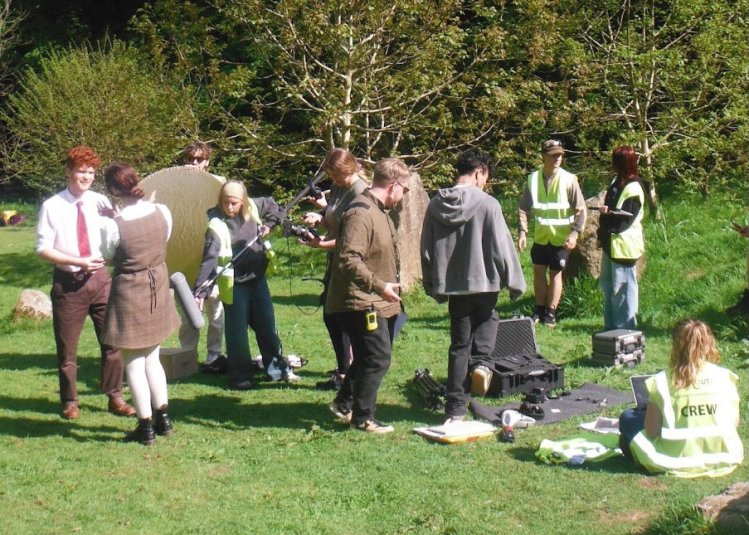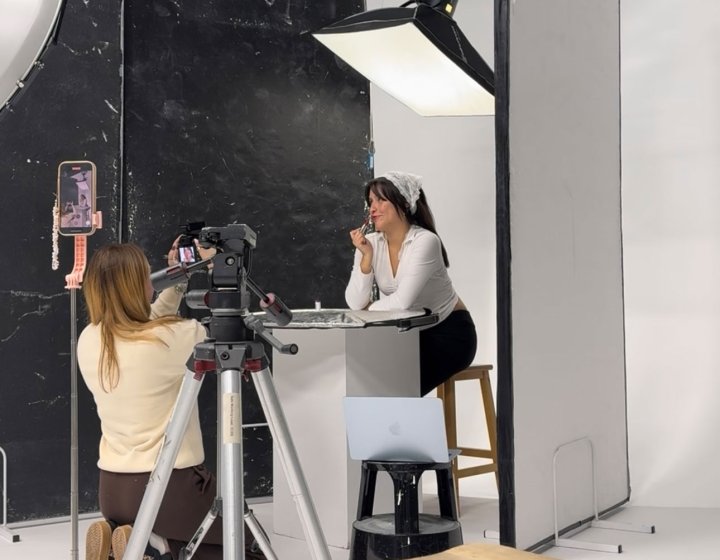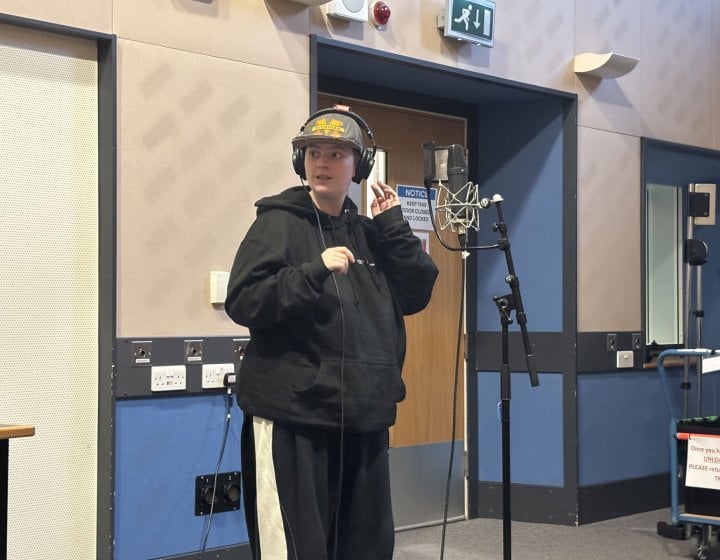Top tips for studying online
12 December 2022

I’m studying online for an undergraduate degree in Visual Communication, and as I’m a part-time student with work and home commitments, I’m always busy! These are my top tips on how to maximise your time to get the most out of your online degree.
Use online calendars
My timetable of webinars, tutorials and one-to-one sessions will vary from module to module, so just when you think you’re getting into a routine, it will be a new study block with a different schedule. Use your online calendar and set up reminders; some are cross-device, so you can get reminders on your phone, too.
Have a paper calendar or diary
I also use a paper diary. It’s one day per page and the pages are split so I can differentiate between uuniversity tasks and meetings, and work and home commitments. I don’t try to maintain this diary with every single piece of work or action, but I do find it’s useful for quick lists or things I really mustn’t forget on the day.
Plan your study day with saved bookmarks
Get all your regular online spaces and resources bookmarked in your web browser. I sometimes think my bookmarks bar is like a row of buildings or doors into the different rooms I visit during my study day.
Take regular screen breaks
Naturally, studying online will mean that you are spending lots of time looking at your computer, so be extra aware of screentime and remember to take regular breaks. Getting away from your screen every forty minutes or so is a really good idea. Rest your eyes, stretch your legs, get up and make a drink, stroke the cat, walk the dog… do something ‘analogue’.
Turn your camera on and take part!
Doing an online degree can mean that it’s more difficult to feel connected to your cohort, but if you get involved as much as you can by attending live webinars, taking part in regular tutorials and keeping in touch with your tutors, you will build a rapport with your peers and tutors that will grow as you progress through the modules.
If you don’t feel confident using your mic, type into the chat and when you feel more confident, try speaking. Either way, your contribution is bound to be well received. Being online students, we don’t get the chance to grab a coffee together or chat on our way in or out of lectures, so try and make those connections in your webinars. It can be really reassuring having that contact with your peers, especially when assignment deadlines are looming!
Change it up a bit, get offline
Try not to rely on the internet for all your reading and research. If possible, go and visit places: exhibitions, galleries, events. Read books, look at magazines; the physical world can give you a fresh perspective.
Explore all the online resources, too
Falmouth’s online library is amazing, so spend time getting orientated, and make a booking to meet a librarian - they are available one to one and it really helps!
When you can’t read anymore, watch something. The Box of Broadcasts resource has been helpful for me as I’m a slow reader, so when I’m tired, I can watch or listen to something relevant and feel like I’m still researching and learning.
Subscribe to relevant podcasts and use downtime to catch up on them - get set up with your phone, headphones and settle in for a listen whilst you’re driving, cooking or cleaning the bathroom.
Say yes!
Do as many of the online events and workshops offered as you can. Sign up for one-to-one tutorials – your tutors are a great resource. They will help keep you connected to the work and the cohort, which will in turn make you feel better integrated into the university.




